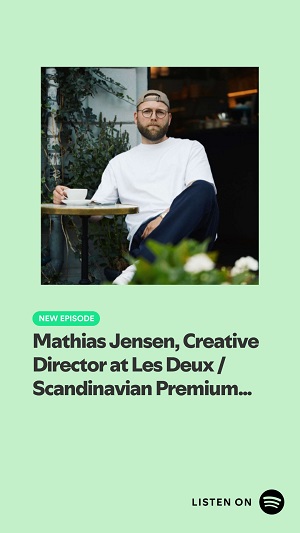1
HOME > Interviews >
IN CONVERSATION WITH HENRY HALES OF SIR PLUS
EXCEPTIONAL MENSWEAR USING THE FINEST QUALITY SURPLUS AND SUSTAINABLE FABRICS
Written by Bec Loades in Interviews on the 12th March 2018
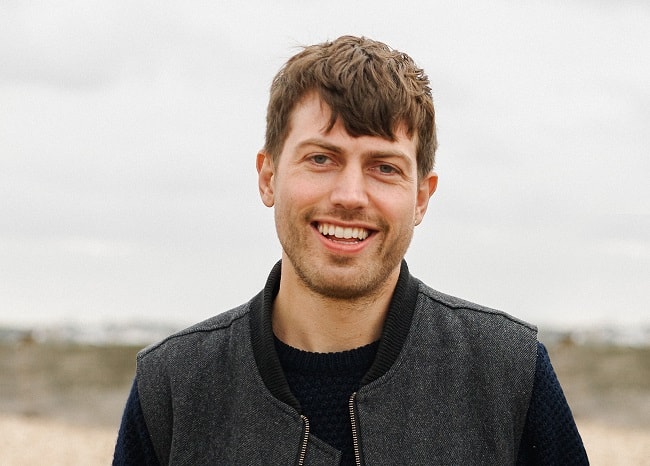
The story behind British menswear label Sir Plus is a fascinating one and certainly inspiring to anyone who is thinking of starting their own label. Henry Hales founded the company in 2010 when he started with just a range of boxer shorts, all made from surplus (hence the name) shirt fabrics trimmed with Liberty prints. Henry’s original idea came to pass when he came across extra pieces of fabric sitting under a cutting table at a tailor on Jermyn Street. He saw a use for the fabrics and through his research he realised there was a gap in the underwear market. By creating relationships with some of the industry’s leading factories and using their offcuts, Henry has created a menswear brand which revolves around high quality sustainable products.
The boxer shorts business started, admittedly slowly, on a Spitalfields market stall but has since then developed into a full-blown casual and formalwear line; firstly, being sold at Portobello market and now in their own stand-alone store, just behind their original Notting Hill stall spot. All their items are also available to purchase through their online store at sirplus.co.uk. It is clear Henry’s vision of the brand is to create classically British designs with the best quality materials available. He has sourced beautiful Scottish wools, as well as silk and cashmere from Italy.
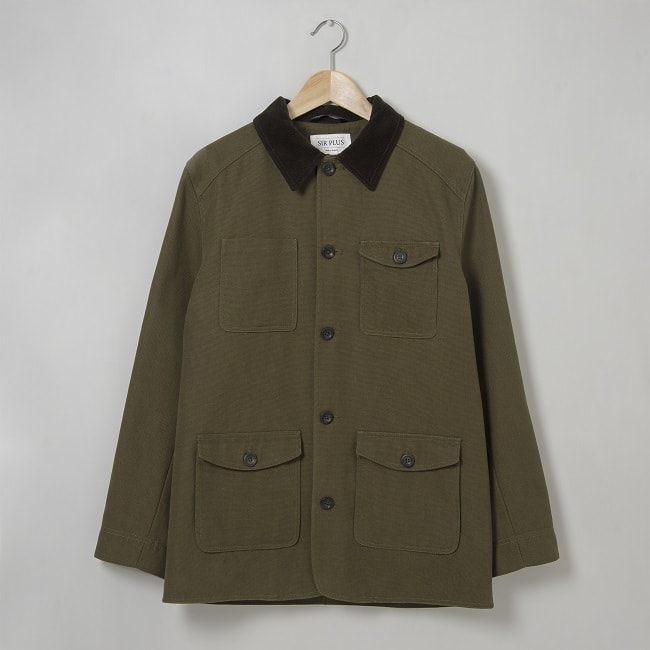
Some of the key pieces featured in the collection are the well-known and unique Nehru jacket/waistcoat (available in wool, cotton velvet and a wool and cashmere blend), along with soft cotton grandad shirts and their newest item, the Duck Jacket. Made in England from 100% cotton with a water repellent finish, this is the ideal outerwear piece to take you through the end of winter and into the spring. MenswearStyle had the opportunity to chat with Henry Hales about his entrepreneurial ideas, the creation of the Sir Plus brand and the inspiration behind the designs. Having recently taken the brand stateside to New York for a pop-up store, I am sure the popularity of this brand will continue to grow and thrive internationally.
What would be your advice be to anyone looking to start their own business in the fashion industry?
“Start small. Focus on one product, or a handful of products, that you think you can do better than anybody else.”
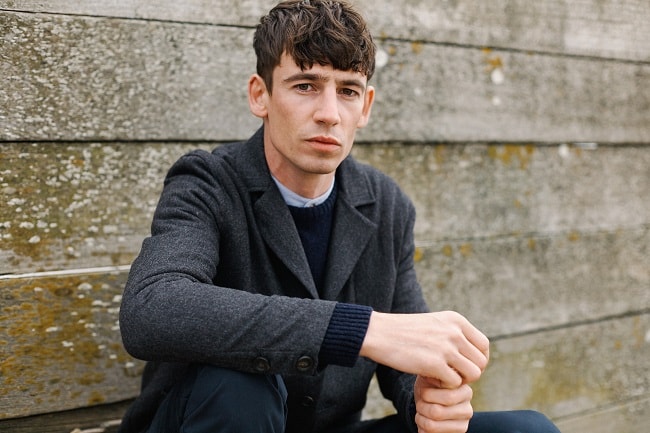
What are the biggest challenges you come across in your company?
“Any business that holds stock (like fashion) is always going to have cashflow challenges. If you’re buying your stock before you sell it, these can get even worse as you grow. When starting, minimums were an issue with either printing fabrics, or trying to find factories that can work with you. These are two specific issues that I encountered with Sir Plus. On a more general level, when you start out, there are simply not enough hours in the day!”
You started out as a boxer short business, did you always know you wanted to expand into menswear?
“The original idea was for a line of patterned boxer shorts. It was only when I was researching into fabrics and printing that I came up with the idea of using surplus fabrics. As the boxer shorts took off I started to think what else we could do with surplus, and the collection started to grow.”
How would you describe your customers?
“We attract a wide range of customers, and being on Portobello Market every Saturday (and now at our store all week) has allowed us to get to know them pretty well. They range in age, but are mostly interested in functional, well-designed garments that they can wear season in, season out, and that come with a bit of a story. They like to know where their jacket was made, what fabric we’ve used and where we’ve got it from.”
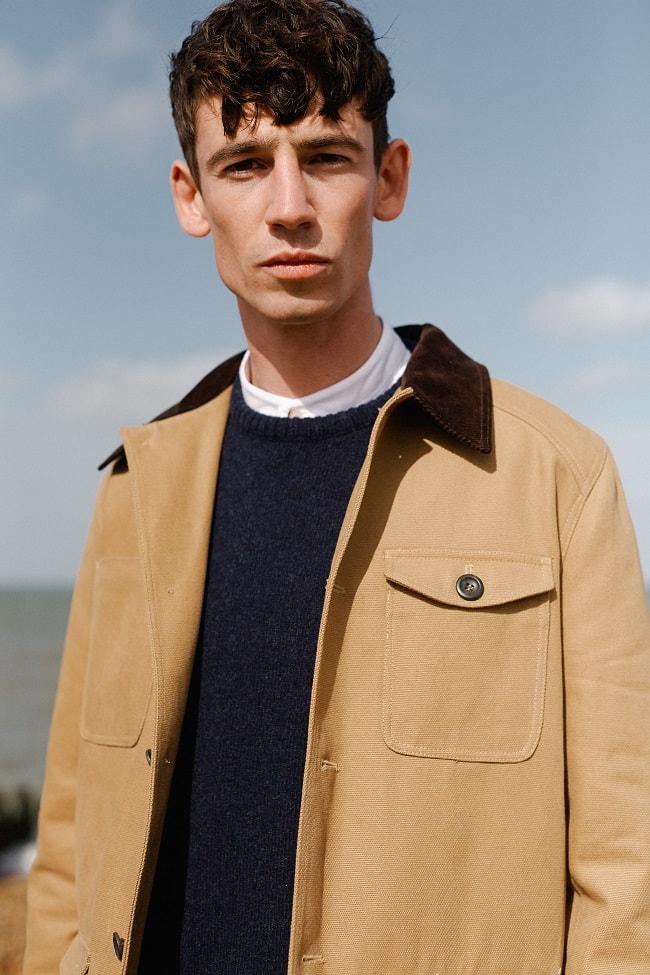
Which is your best-selling piece? And what do you think the reasons are for this?
“At the moment, our grandad shirts are our best-selling items. I think they sum up everything we’re about, they’re simple, well-made and a little unusual. Also, they’re a great price point, and they’re made from this incredibly soft cotton.”
Where did the idea for the Nehru jacket come from?
“The Nehru Waistcoat was one of the first items we started making. Back then, the surplus we bought came in rather limited quantities, so designing a waistcoat made practical sense. As we grew and started building relationship with really high-end mills and factories in the UK and Italy, we were able to source more surplus and so the Nehru jacket was born.”
Are there other designers who have inspired you for your own designs?
“We tend not to look at what other designers are doing, our garments are designed to last which means we don’t buy into trends as such. But of course, there are designers who are a huge inspiration to all young brands, from legends like Paul Smith to brands like Turnbull & Asser and Sunspel who do really great quality product and give incredible service, to up-and-coming brands like Finisterre who are doing great things for sustainability.”
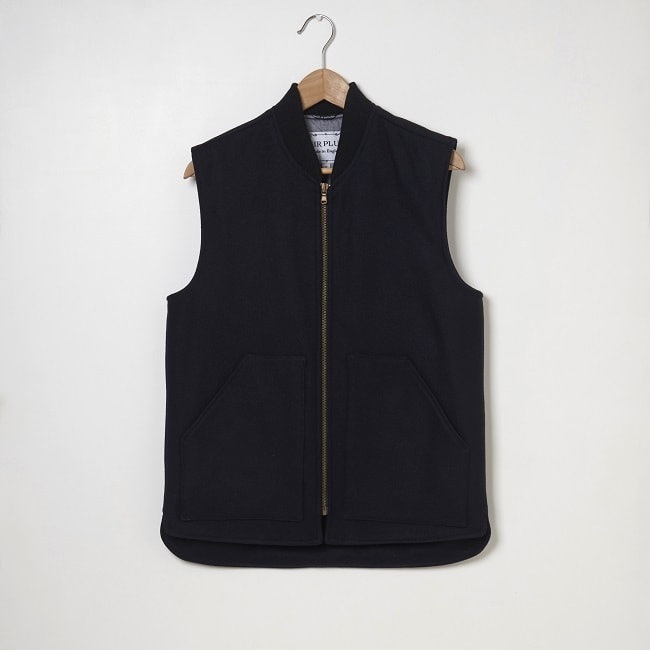
More and more brands are looking at eco-friendly options in manufacturing, would you consider trying the vegan route?
“We make sure that all our products are made ethically and sustainably, and always take this into consideration when designing new lines. We already use a number of vegan materials, such as the organic cotton in our T-shirts, or the corozo buttons that we’re introducing in our new spring collection (corozo is known as “vegetable ivory” and is made from nuts). I don’t think we’d ever go fully vegan, we use a lot of high-quality surplus wool and that’s something that our customers really like.”
As you try and source surplus materials, does that mean that some items are limited edition?
“The nature of surplus means that our items are limited edition. When something proves popular and sells out, we’ll try to find a similar fabric to update it with. As we’ve grown bigger, we’ve also introduced a few non-surplus fabrics for categories such as knitwear and shirting, but we always make sure that they’re of the best quality and kind to the environment.”
You started off with a stall in Spitalfields and then moved to Portobello. What was the decision to move to this area of London?
“I started trading on Portobello Market very early on, and it’s really where we made a name for ourselves and met many of our loyal customers. The plan was to continue trading on the market and online, until a store became available right next to our spot on the market. So far, it’s been a huge success. It’s nice to be able to invite customers inside (especially in this weather) to try on a shirt or a jacket and to offer them a cup of coffee.”
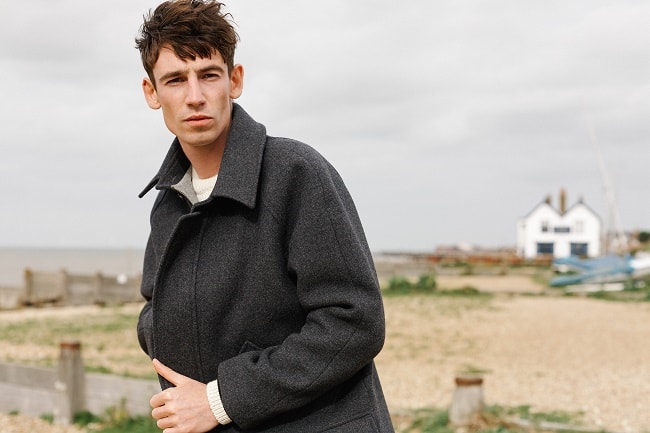
Where do you see your business in 10 years? Would you like to expand the collection further?
“I’ve just come back from New York, where we held pop-ups at the Turnbull & Asser store in Manhattan and at the Brooklyn Flea market. We’re hoping to go back out there soon, and in 10 years’ time (if not sooner) I’d love to have a permanent outpost over there, and in cities like Paris and Berlin too.”

Trending
2
3
4
5
6
7
8
9
10






